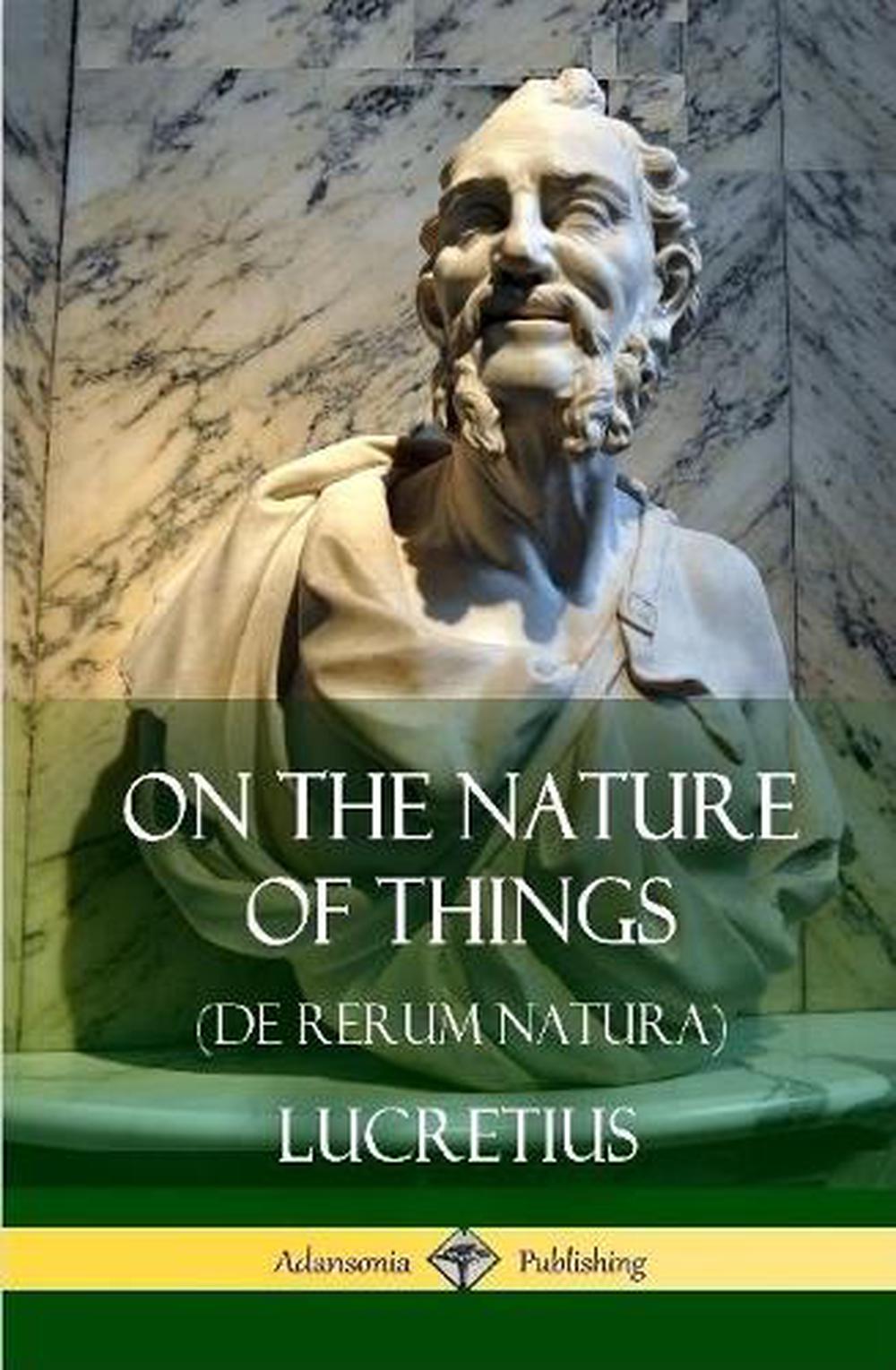

Existing as a body with the ability to see and hear and touch is all quite wonderful from one perspective. Lucretius and the End of Masculinity is my attempt to understand the way Lucretius describes the intimate beauty and the crass realities of being material. Still though, close emphasis on sensuousness and the tangibility of corporeal existence prevails right to the final verses. And for those hoping that the poet might offer as buoyant a peroration as he does an opener, well, the closing lines as we have them today could not be any less voluptuous: a nightmarish plague where decaying corpses are piled in religious sanctuaries and survivors fight over funeral pyres to burn their dead. When sex does come into view again later in the poem, the depiction is more despairing than titillating. Some readers probably feel like it is a bit of a bait and switch once the poet settles into describing indivisible primal matter, void, and atomic motion, cohesion, and dissolution.


In quick succession the audience encounters the language of pleasure, verdant flora, lusty fauna, sexual reproduction, and an erotic scene between Venus and Mars that gushes with sensuality and hungry orifices. From the beginning of his poem, Lucretius is decidedly unsubtle.


 0 kommentar(er)
0 kommentar(er)
